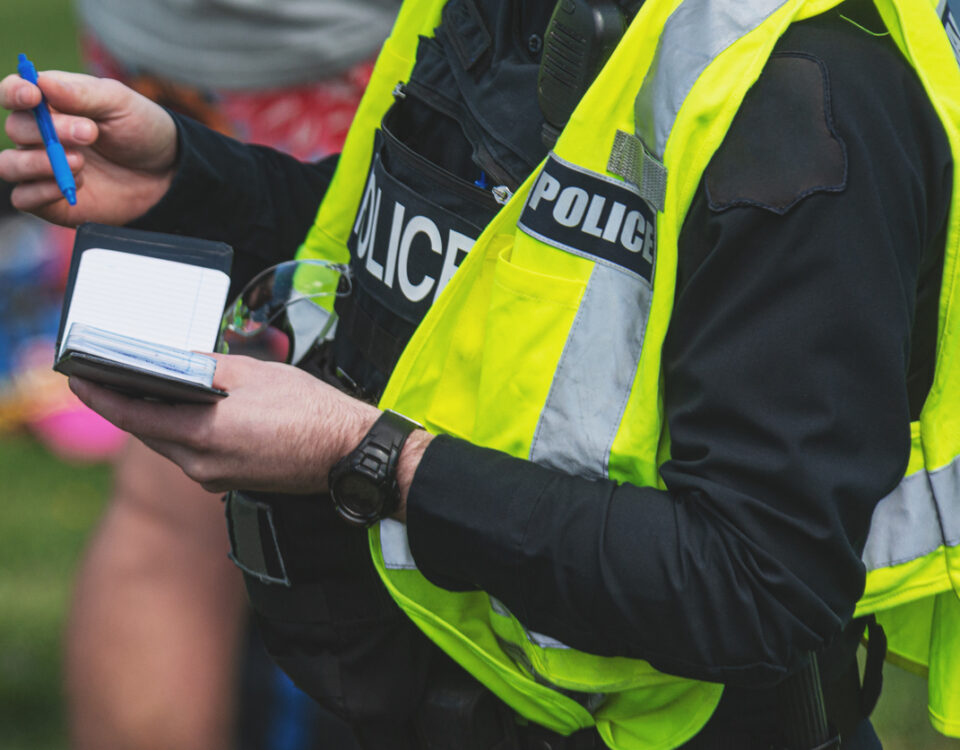Police Liability Insurance: When does “Failure to Protect” Apply?
Educational Institution Insurance: Does Reading Digitally Work?
October 8, 2014Municipality Insurance: The Hazards of Road Salting
October 23, 2014Police Liability Insurance: When does “Failure to Protect” Apply?
Police Liability Insurance: When does “Failure to Protect” Apply?
There are countless circumstances where law enforcement professionals can come under scrutiny, and in many cases they can be held accountable for any misconduct, negligence and other professional errors. When the police fail to perform their duties or do so negligently, abuse their power, or use excessive force, officers may be liable for any damages that result of real or perceived transgressions. One thing however, that police personnel are not generally able to be held accountable for is the failure to protect one individual or their property from another. There is no official constitutional duty to protect one average citizen from another, and while police officials do their best to ensure public safety there are only two circumstances when law enforcement can be held legally responsible for any failure to protect an individual.
These two circumstances are referred to as the special-relationship and the state-created danger situations. If alleged and proven, either of these claims may establish that an officer or division in question had the constitutional duty to protect the wronged individuals..
The Special Relationship theory surrounds the notion that when police take an individual into custody, they consequently assume the responsibility to take reasonable steps to provide for the individual’s safety and well-being against known and foreseeable risks. This kind of claim is often made against corrections officials, but it may also be made against local police who interact with individuals in custody. A common example is that arresting officers have a responsibility to place the arrested party in the vehicle and secure their seatbelt in the event that the detainee cannot do so for themselves. Should an officer fail to do so and the individual is injured as a result, the arresting officer can be held liable for any injuries or damages suffered by the individual in custody.
The more common allegations of failure to protect come from claims based on the “state-created danger” theory of liability. These claims allege that someone who was not in police custody suffered injury or death from another individual or a natural hazard as a result of police action or inaction. When police or law enforcement personnel become involved in an incident and their action or errors place an individual or group of individuals in even greater peril, police could face liability for creating that greater danger.
At Professional Government Underwriters, Inc. we specialize in professional underwriting for public service industries. Our Police Professional Liability Insurance can help protect police officers and law enforcement personnel against a variety of work related liability claims, so they can continue fulfilling your civic duties to the best of your abilities. Please Contact Us today for more information about police liability insurance coverage.

